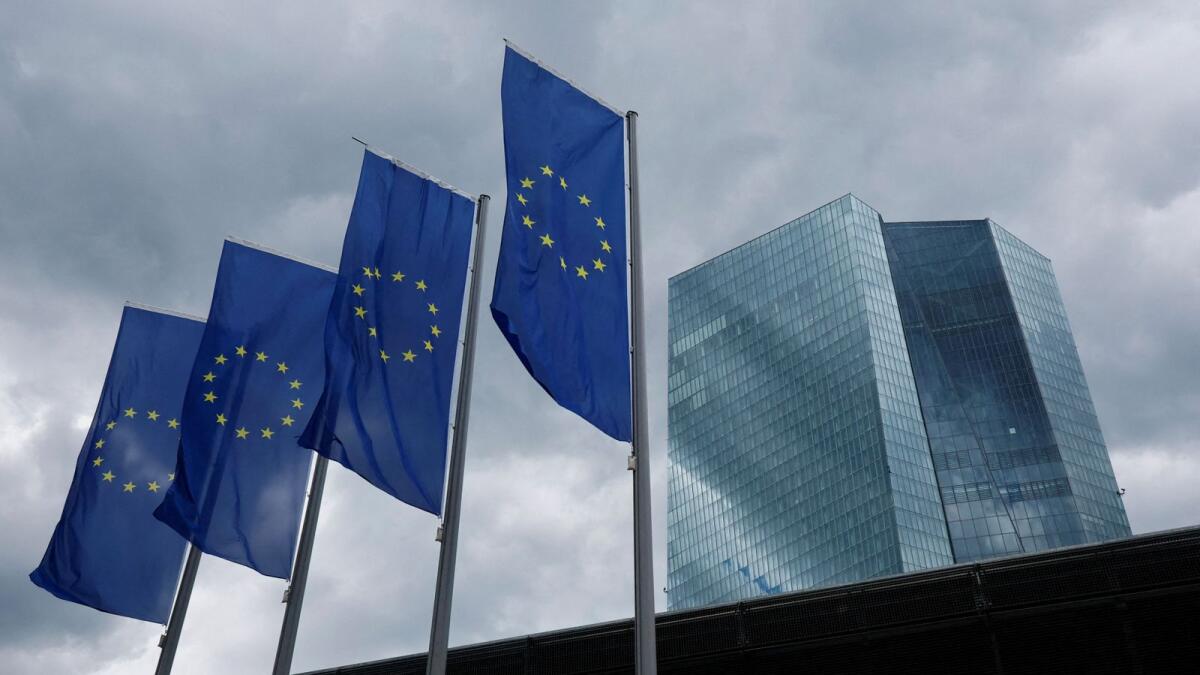According to the latest accounts of the European Central Bank’s meeting in July, policymakers are not in a rush to cut interest rates. However, they have hinted at a potential discussion in September due to concerns about the impact of high rates on economic growth. The ECB decided to keep rates unchanged at the last meeting and expressed comfort in their progress towards bringing eurozone inflation down to the target rate of 2 per cent.
The meeting minutes suggested that the gradual adjustment of policy restrictions is necessary to balance economic growth without keeping rates at a restrictive level for too long. The ECB acknowledged the importance of monitoring the real economy and indicated that the September meeting would be a good time to re-evaluate the level of monetary policy restriction with an open mind. These discussions come in light of the ECB’s decision to be among the first major central banks to cut rates in June.
Recent economic data in the eurozone, such as a slowdown in wage growth and anaemic economic growth, have fueled expectations of further easing measures. Markets now anticipate a more than 90 per cent chance of a 25-basis-point rate cut next month, with potentially another cut later in the year, possibly in December. Some economists believe that the recent wage growth data make a September rate cut more likely, despite the possibility of upside surprises later in the year.
The ECB has historically been concerned about rapid wage growth, but policymakers appear to be increasingly relaxed, as suggested by the meeting accounts. It was noted in the accounts that domestic cost pressures from wage growth, particularly in the services sector, have been offset by unit profits. Furthermore, policymakers are optimistic about inflation returning to the target rate, with projections indicating a return to 2 per cent by the end of next year, affirming progress along the outlined criteria.
Overall, the ECB’s deliberations reflect a cautious approach to monetary policy, balancing the need for economic growth with concerns about inflation and wage pressures. The upcoming September meeting will provide further insights into the ECB’s stance on interest rates and stimulus measures, as economic conditions in the eurozone continue to evolve. The central bank’s commitment to achieving its inflation target and supporting sustainable economic growth will guide future policy decisions and shape the trajectory of the eurozone economy in the coming months.











